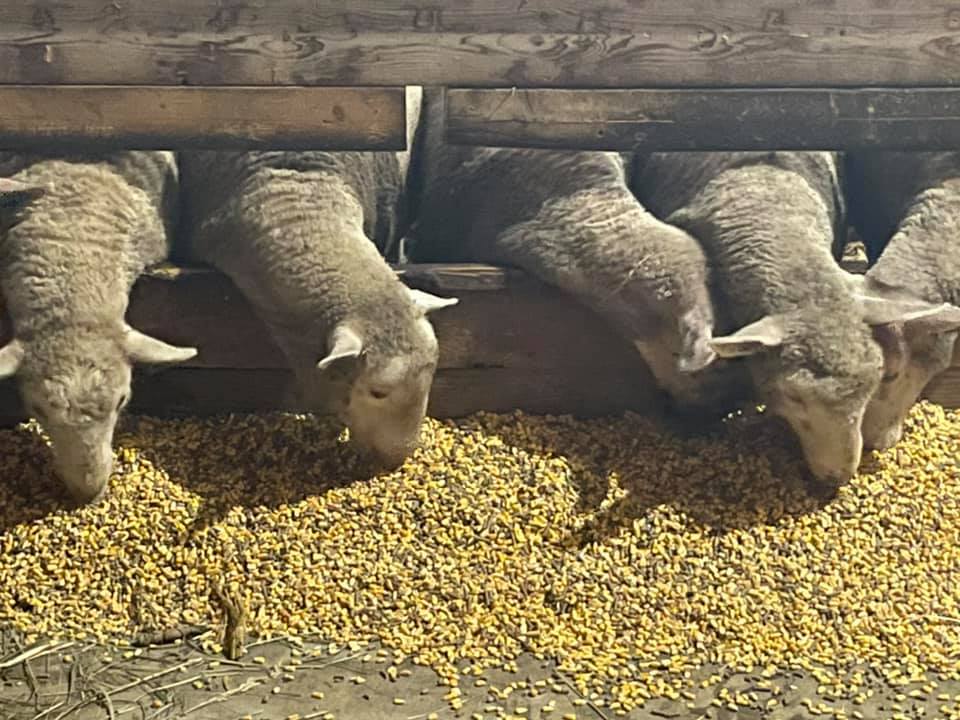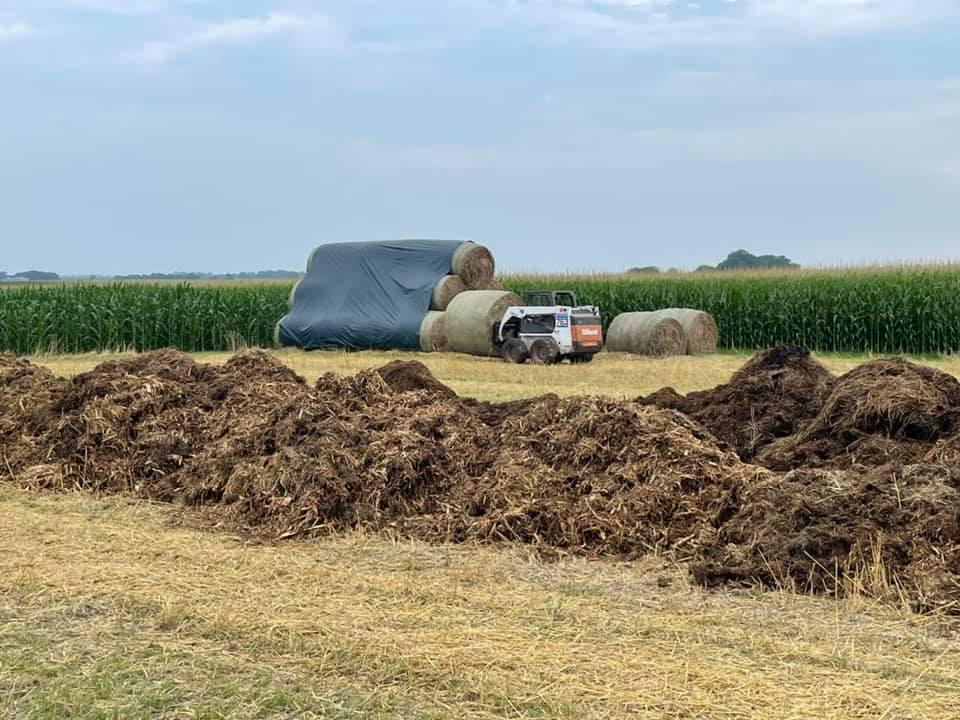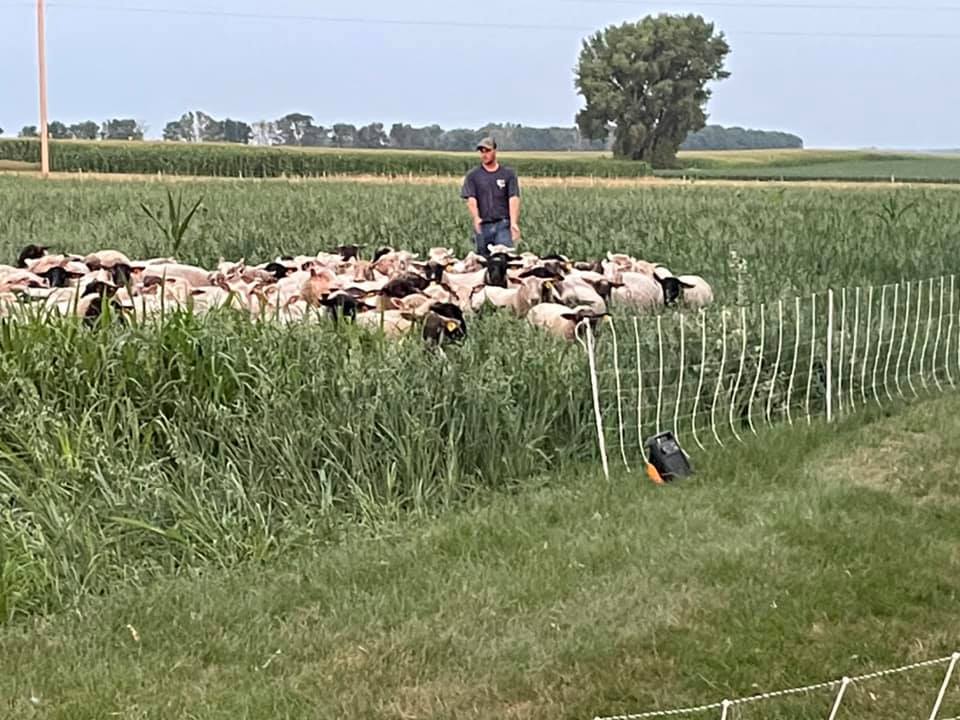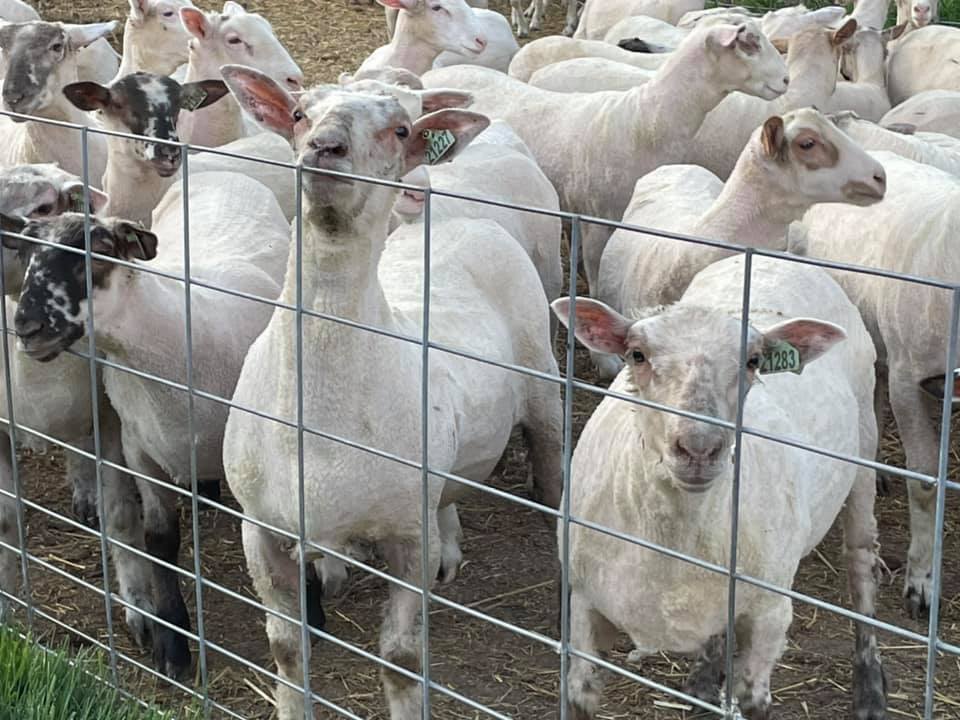Risk Management: Diversification
The old saying “Don’t put all your eggs in one basket” is so true for farmers! As our strawberry crop grew larger and larger, our risk was increasing exponentially. Over 20 years, we slowly grew from a half acre, to nine acres of strawberries. After each field growth, we thought we’d run out of customers, but it didn’t happen. No matter how many strawberries we grew, we never had enough for our market. Should we continue to plant more acres???
After a lot of talk and prayer, we realized that we needed to manage the risk involved in growing strawberries. With no insurance in the event of crop loss, we needed more income streams that could be ramped up as needed, so that we could continue to work towards our goals of debt-free college degrees for our children, and completely paid-for farm enterprises that would support us once our kids are out of the house.
We purchased a flock of sheep in 2018, and over the next few years, we poured all our strawberry income into building a barn and growing our flock.

We are raising them for meat, not wool. We joined the Pipestone Lamb and Wool co-op. It is a group of sheep farmers that agree to raise their lambs to specific standards, and to have the lambs market ready for a Colorado packing plant in the summer, which is typically the slow time for the plant.


Sheep are complementary to our strawberry farm. Their manure provides nutrient and organic content to our soil, and their grazing stimulates soil biological activity. They lamb in late winter, so the timing works well with our strawberry field work.
There are many other ways to diversify a farm. We’ve thought about corn mazes, pumpkin patches, Christmas trees, and hosting weddings. If sheep end up being unprofitable, we may try one of these other ideas.
We are also keeping our off-farm jobs. I teach full-time middle school science. My husband runs a one-man construction company. We’re tired, and feel like we work constantly, but we are keeping our eyes on our goals, of debt-free degrees and quitting our off-farm jobs to be supported solely by the farm once the kids are out of school.
A strawberry crop loss such as we had this year is emotionally challenging, but thanks to our diversification, it wasn’t completely devastating. If you are a farmer reading this, have you considered your possibilities for diversification? Crop loss happens, and this is one way you can protect your family’s security.
To read the next post in this farmer series, click here!

